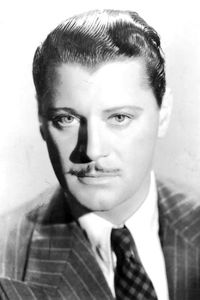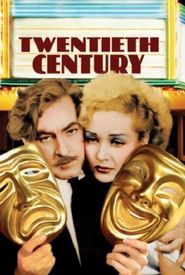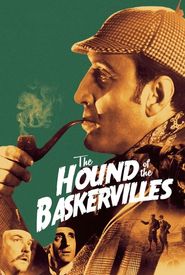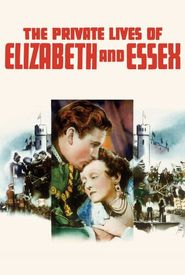Ralph Forbes, an individual with a strong sense of self-directed purpose, diverged from his family's expectations of a career in law or the navy. Instead, he pursued his passion for acting, commencing his stage work in England. By 1917, he had crossed the Atlantic to the United States, eager to immerse himself in the burgeoning film industry, with his inaugural silent film that year marking the beginning of his cinematic journey.
However, Forbes soon returned to the United Kingdom, where he contributed to the early British film industry from 1921 to 1926. In 1926, he collaborated with fellow expatriate and renowned star Ronald Colman to play the role of John, the younger brother, in the first Hollywood adaptation of Beau Geste. Throughout the 1920s, Forbes worked alongside notable figures, including Lon Chaney, Lillian Gish, Norma Shearer, and John Gilbert, assuming diverse roles that leveraged his striking features, bright blue eyes, and powerful voice.
Forbes' transition to sound films proved seamless, thanks to his rich, full voice. His early sound effort, Lilies of the Field (1929),directed by Alexander Korda, was an American-based production that hinted at a busy decade to come. In 1930, Forbes appeared in six films, a precursor to a prolific decade. The following year, he starred in the sequel to Beau Geste, Beau Ideal (1931),which continued the adventures of the youngest Geste brother, John.
By 1933, Forbes had become a sought-after actor, securing five or six movie roles annually throughout most of the decade. He explored various genres, including costume dramas, such as The Three Musketeers (1935),Mary of Scotland (1936),and the classic George Cukor adaptation of Romeo and Juliet (1936),in which he played the suitor Paris. With his extensive experience in "gestique"-inspired scripts, it was perhaps unsurprising that Forbes appeared in The Legion of Missing Men (1937),a film that featured a younger brother joining the Legion, culminating in a thrilling finale.
It is intriguing, however, that Forbes did not reprise his role as John in the 1939 remake of Beau Geste, starring Gary Cooper, with Ray Milland ultimately assuming the part. Interestingly, this William A. Wellman-directed version closely mirrored the 1926 original. After 1940, Forbes' work became sporadic, concluding his career by the end of the decade. He did, however, participate in early television playhouse productions in 1950 before his untimely passing the following year.






























































